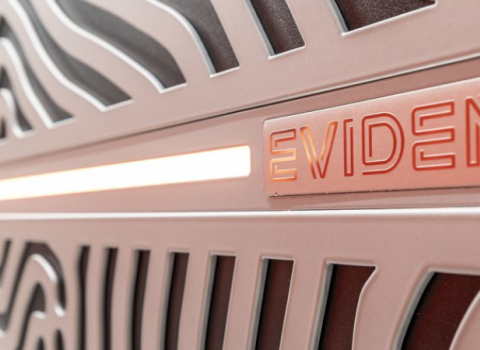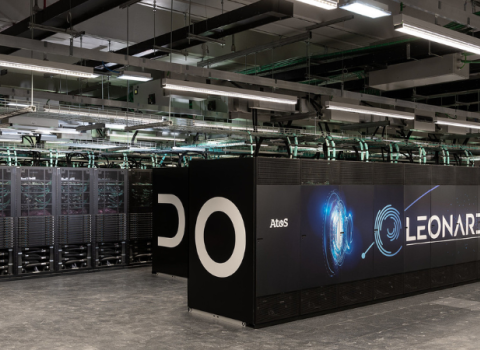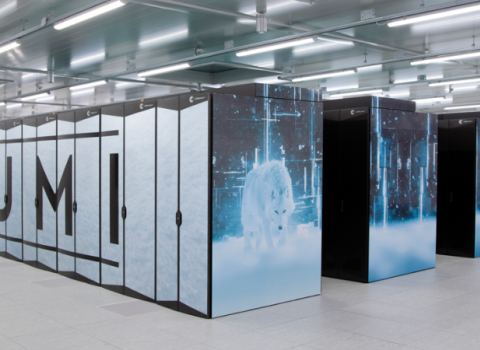
The new Supercomputing Centre at Jülich
The project has €20 million over the next two years from Framework Programme 7 to design a transnational structure for scientific supercomputing, providing capabilities that few member states could afford on their own. One aim is to install a petaflop system (that is, capable of performing one thousand trillion operations a second), as early as 2009.
PRACE will involve a coordinated approach to hardware procurement and could potentially include a Joint Technology Initiative for the development of hardware and software jointly with industry.
“Science and industry need computing power of the highest quality, on the one hand, to conduct pioneering research, and on the other underpin innovation,” said Achim Bachem, Chairman of the Board of Directors at the Jülich Research Centre and coordinator of the PRACE project. “Supercomputers have become an essential tool for all of the sciences. In future, giant leaps in knowledge will only be possible with the help of complex simulations.”
The countries involved in the PRACE project are Germany, UK, France, Spain, Finland, Greece, Italy, The Netherlands, Norway, Austria, Poland, Portugal, Sweden, and Switzerland.





 A unique international forum for public research organisations and companies to connect their external engagement with strategic interests around their R&D system.
A unique international forum for public research organisations and companies to connect their external engagement with strategic interests around their R&D system.